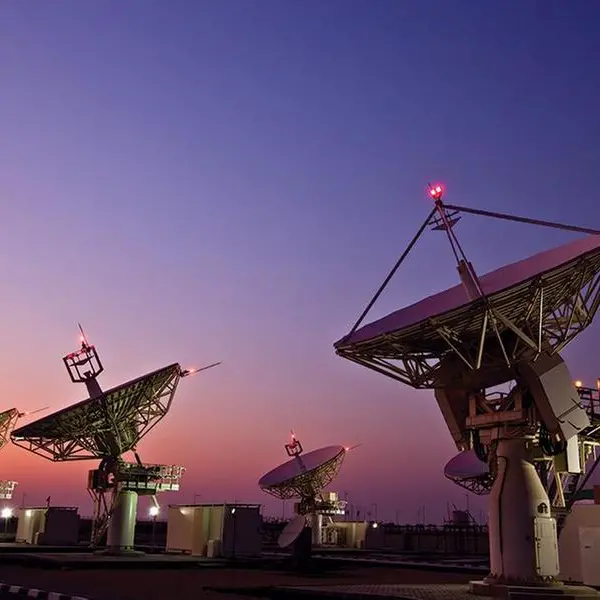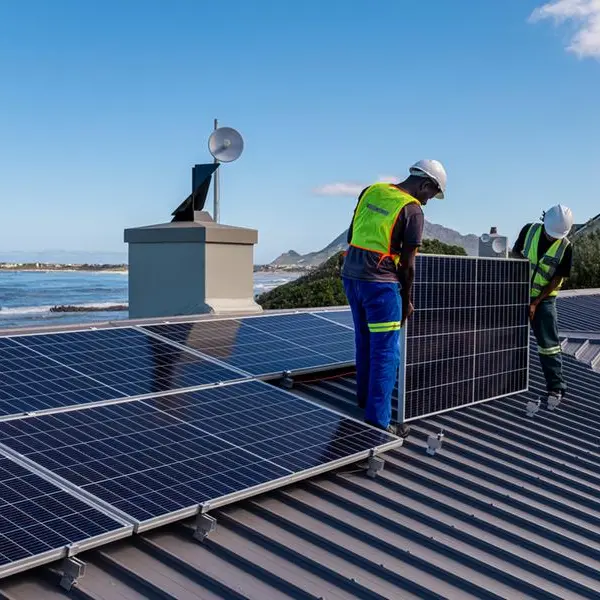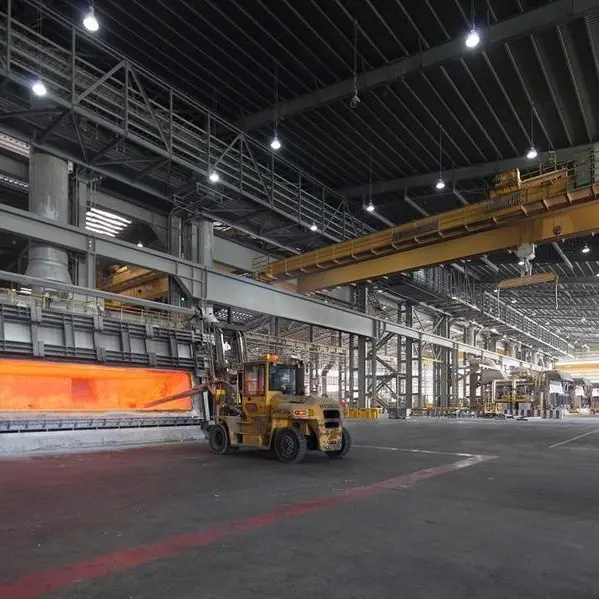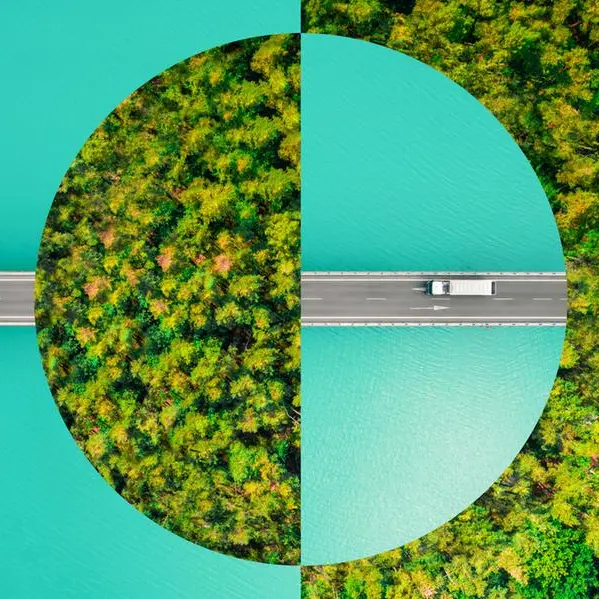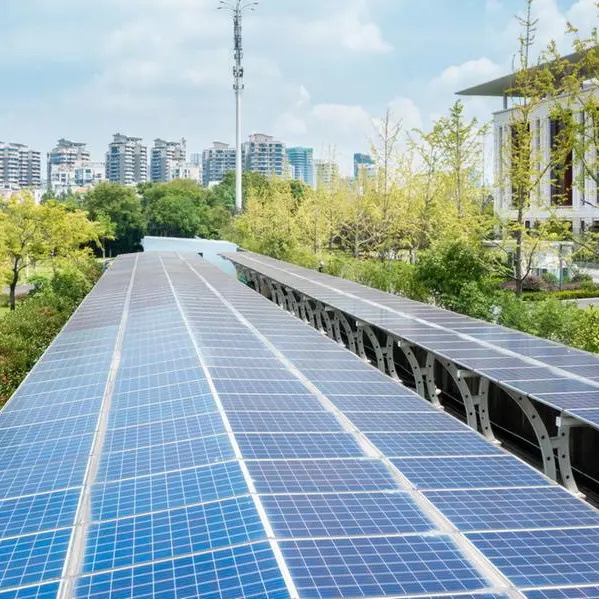Despite the lack of conventional water resources, the Gulf Cooperation Council (GCC) countries continued to implement their ambitious economic and social development plans. Except for the Sultanate of Oman, the domestic water supply is highly dependent on desalination of seawater. The surface water resources in all the GCC countries are very limited and have intangible contribution to the water budget due to the prevailing arid climate and topography. The groundwater system in the GCC countries represents a shared, transboundary aquifer system. The groundwater is mostly non-renewable due to the scarcity of rainfall.
The overexploitation of groundwater resources in the GCC countries to meet the surface water deficiency has caused a significant decline in groundwater levels, and abandonment of production wells. The total capacity of desalinated water is estimated as 26.4 billion m3 per year, while the total capacity of wastewater treatment plants is estimated as 10.07 billion m3 per year. Despite the good quality of the treated wastewater, it is still not fully utilised. Under the conditions of climate change, the water-related challenges include, among others, scarcity of rainfall and extended drought periods, lack of groundwater recharge, depletion of aquifers and deterioration of the groundwater quality, acceleration of the seawater intrusion in coastal aquifers, increase of evapotranspiration and crop water demands.
To encounter the effects of climate changes, many dams have been established in the wadis for surface water harvesting, groundwater recharge and protection from the hazards of flash floods. The storage capacity of all dams in the GCC countries is 1.155 BCM. A total of around 580 detention and retention dams have been constructed in Saudi Arabia, the UAE and Sultanate of Oman.
To reduce the impacts of Climate change of groundwater resources, Managed Aquifer Recharge (MAR) and Aquifer Storage and Recovery (ASR) have been implemented in the GCC countries. MAR aims to increase the groundwater recharge from dams during rainy seasons. Treated wastewater might also be used as a water source from groundwater recharge. ASR is the process of recharging groundwater during the time of water availability for subsequent recovery during drought periods. It represents an important tool for water management and groundwater supply systems resiliency. Global climate change models exhibited significant average warming trends in the GCC countries. The increase in temperature may lead to water losses and high evaporation rate. Under the conditions of climate change, the overall groundwater recharge is expected to reduce by 5-15 per cent.
The main challenges related to water resources in the GCC Countries under the conditions of climate change are related to the scarcity of rainfall associated with the absence of rainfall and surface water resources as well as the overuse of the non-renewable groundwater resources. To encounter these challenges, the GCC countries are focusing on the demand side-demand management, behavioural changes to encourage water conservation, construction of dams, improving surface water harvesting systems, use of efficient irrigation systems, efficient use of treated wastewater, development of low energy desalination plants, and improved systems for water networks.
Ahmed Ali Murad is Associate Provost for Research, UAE University.
Copyright © 2022 Khaleej Times. All Rights Reserved. Provided by SyndiGate Media Inc. (Syndigate.info).

